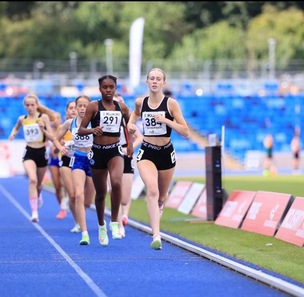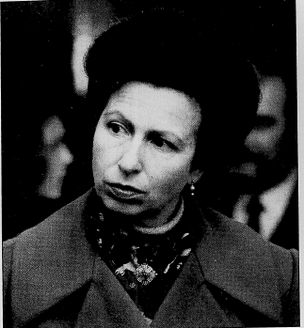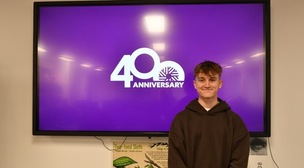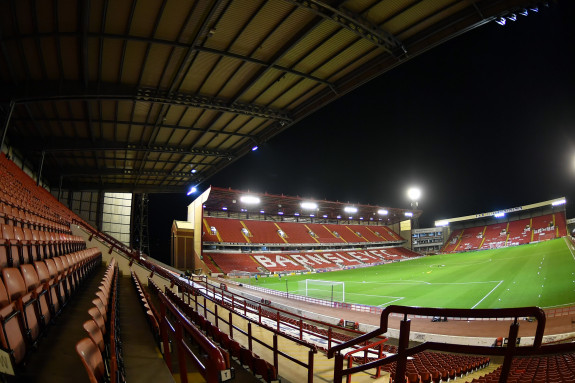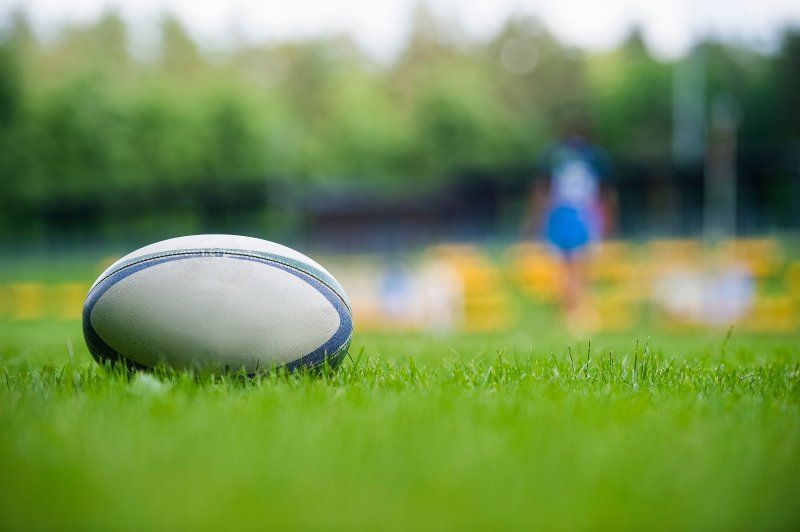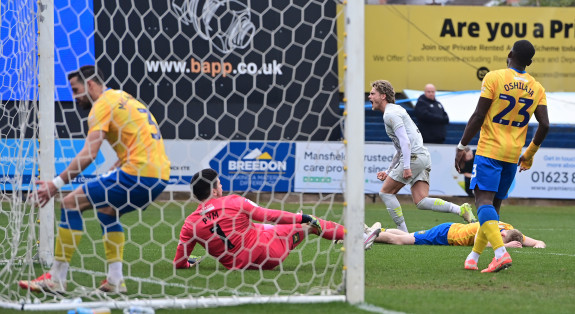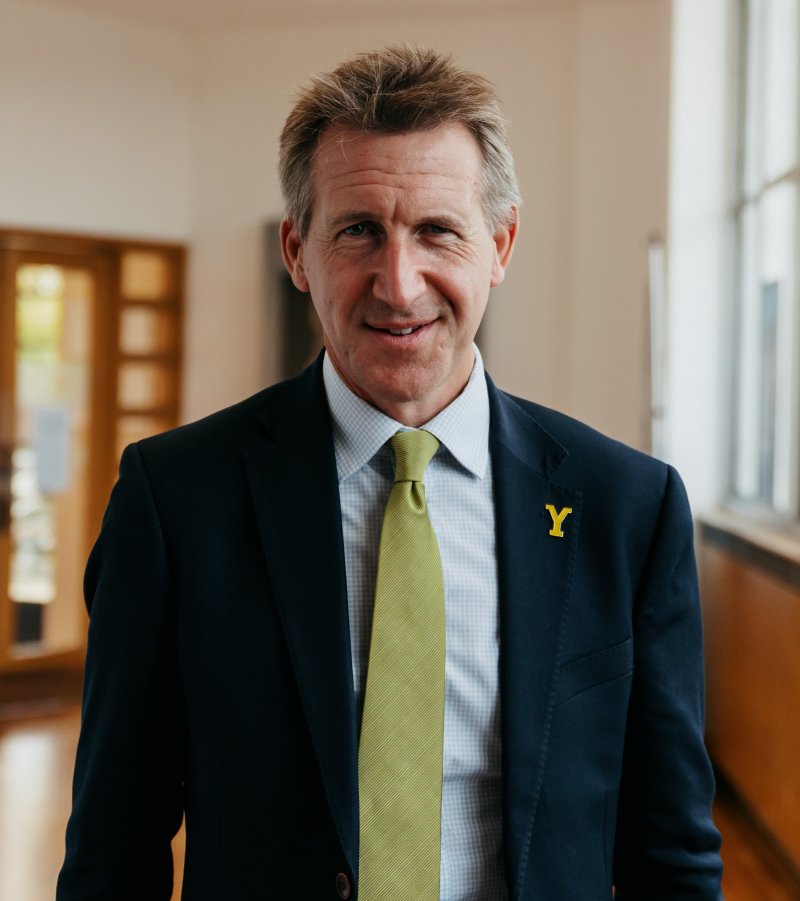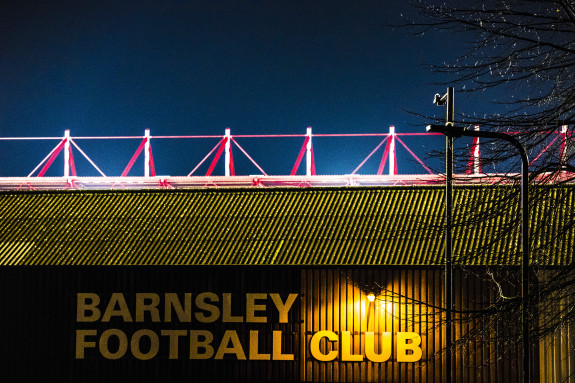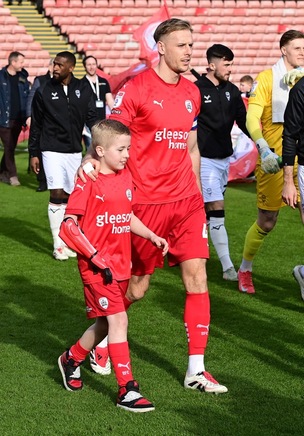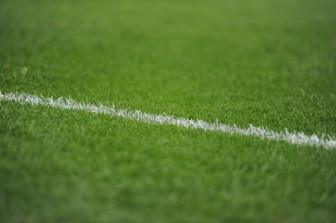The name’s McMillan, Ian McMillan, licensed to fade away. Well, not me personally; I’m not fading away. It’s my name, or more precisely my first name, which is beginning to bite the dust.
I’ve got a few mates called Ian and Iain and they’re all around my age (I’m 68) or a little bit older; by contrast when I’m at the playground in Elsecar Park I don’t hear any parents or grandparents shouting to little Ian to be careful on the swings.
Where, to paraphrase the song, have all the Ians gone?
Ian isn’t the only name that’s falling off the edge of the name map, of course. When I was at school I was surrounded by Barrys and Garys and Keiths, and they’re all names that have more or less fizzled out.
Just over ten years ago there were only 28 Garys registered in England, even though in 1964 it was the 16th most popular name in the country, and I can only surmise that it’s got worse since.
I bet you couldn’t even fill a minibus with new Garys these days. There’s nothing intrinsically wrong with the name Gary, of course; it’s not got any kind of curse attached to it, unless of course you think of convicted criminals like Gary Glitter, who do give the name a bad name, but in the end a name, any name, is only a group of letters from the alphabet arranged in a certain way.
Let’s look at Ian in particular. Why has it dropped out of use like pre-decimal currency or the biplane? Perhaps it’s best to start by looking at it the other way round and asking why it was a popular name in the first place, and how it became popular.
This is where the evidence gets a bit murky, I have to confess. Even these days my name remains not uncommon in America but if I look at a graph there were hardly any Ians in the USA in the 1930s but, following a slow growth through the 40s, 50s and early 60s the name really took off from the seventies, rising to a peak in the 2000s and I can’t put all, or indeed any, of that rise down to my own growing media profile as I began to publish my painstakingly-written but little-read poetry collections.
Ian Fleming, the author of the James Bond books, was a well-known figure in the latter half of the last century, and Ian McKellen, who was born in 1939 and the singer Ian Anderson of Jethro Tull was born in 1947 were perhaps early outriders of the name’s popularity.
Then, for some reason, it was one of the top ten baby names in the 1960s, which must be allied to a celebrity or sporting figure.
However, maybe this is a flawed method of analysis because there weren’t any (or hardly any) babies born in the 60s called Ringo, despite Ringo Starr being one of the four most famous people in the world. On the other hand, plenty of Kylies were being registered and christened when Kylie Minogue’s fame was at its height.
I like my name, though, and I’m sorry that it’s not as popular as it once was. I like it because it’s easy to spell (although my Auntie Mary from Great Houghton always used me birthday and Christmas cards to Inan) and easy to say (although I did once tell a waiter in a restaurant in America my name and he said, his voice peaking with incredulity, ‘your name is In?’ and I replied that my sister was called Out but he didn’t get it) and I like it because it goes with McMillan, with a pleasing rhythm and cadence.
I once made a radio programme about my name and I interviewed two other Ian McMillans: one enjoyed orienteering at the weekends and one was the conductor of the BBC Concert Orchestra and they were both indifferent to their (our) name and I was disappointed that their didn’t like the name as much as I did.
Maybe I’ll start an annual Conventian of Ians (see what I did there?) and I’ll invite Ian Rush and Ian McShane to be our guest speakers, and perhaps there will be a hint of an Ian revival.
Or maybe I’ll just meet up with my Ian mates every now and then, and we’ll talk about the old days, when the classroom was full of us.

